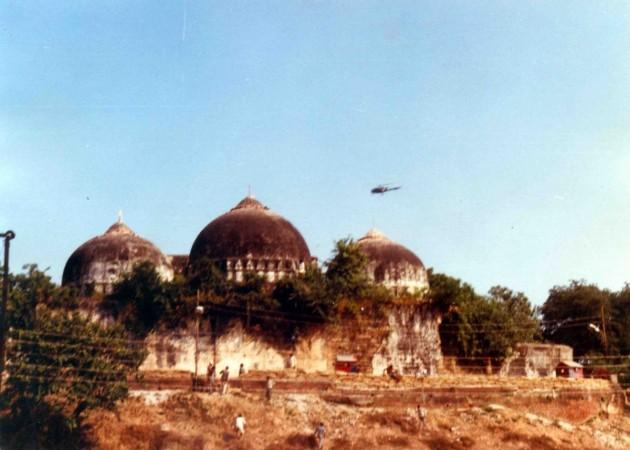
"Will achieve a miracle", if we are able to deliver a judgement in four weeks, said Chief Justice Ranjan Gogoi on the 32nd day of hearing in the Ayodhya land dispute case in Supreme Court.
Insisting that all arguments in the Ram Janmabhoomi-Babri Masjid dispute case should be completed by October 18, CJI Gogoi asked the counsels of the Hindu and Muslim parties to strictly abide by the deadline to wrap up their arguments.
A Constitution bench, comprising five judges headed by the Chief Justice, is holding daily hearings in the case in which the Hindu and Muslim parties are contesting each other's claims seeking ownership of the 2.77-acre disputed land in Ayodhya.
CJI Gogoi, whose tenure is nearing an end in November, said that all parties have 10-and-a-half days to finish this job.

Following the schedule of the hearings, the top court plans to hear most arguments in the case by October 4, and complete them finally by October 14 on reopening after the Dushehra holidays. It will thus have five days to meet the October 18 deadline to end the hearing in the case.
"We have 10-and-a-half days to conclude the arguments within the deadline," said the Chief Justice emphasising the need for careful allocation of time to counsels of the parties involved in the matter.
Appearing for the Sunni Waqf Board, senior advocate Rajeev Dhavan suggested continuing with the extended one-hour framework, and allocating Saturdays, to meet the deadline. The court said it cannot give a single extra day till October 18 for parties to complete their arguments in the cross-appeals.
Explained: The Ayodhya dispute
The decades-old Ram Janmabhoomi dispute over the 2.77 acres of land in Ayodhya where a 16th Century mosque, said to be built by Mughal emperor Babur stood, has been on for nearly six decades. Hindu groups believed the mosque was built on the ruins of a temple that marked the birthplace of Lord Ram. The matter flared up after Hindu activists razed the mosque on December 6, 1992. More than 2,000 people died in the riots that followed.

















